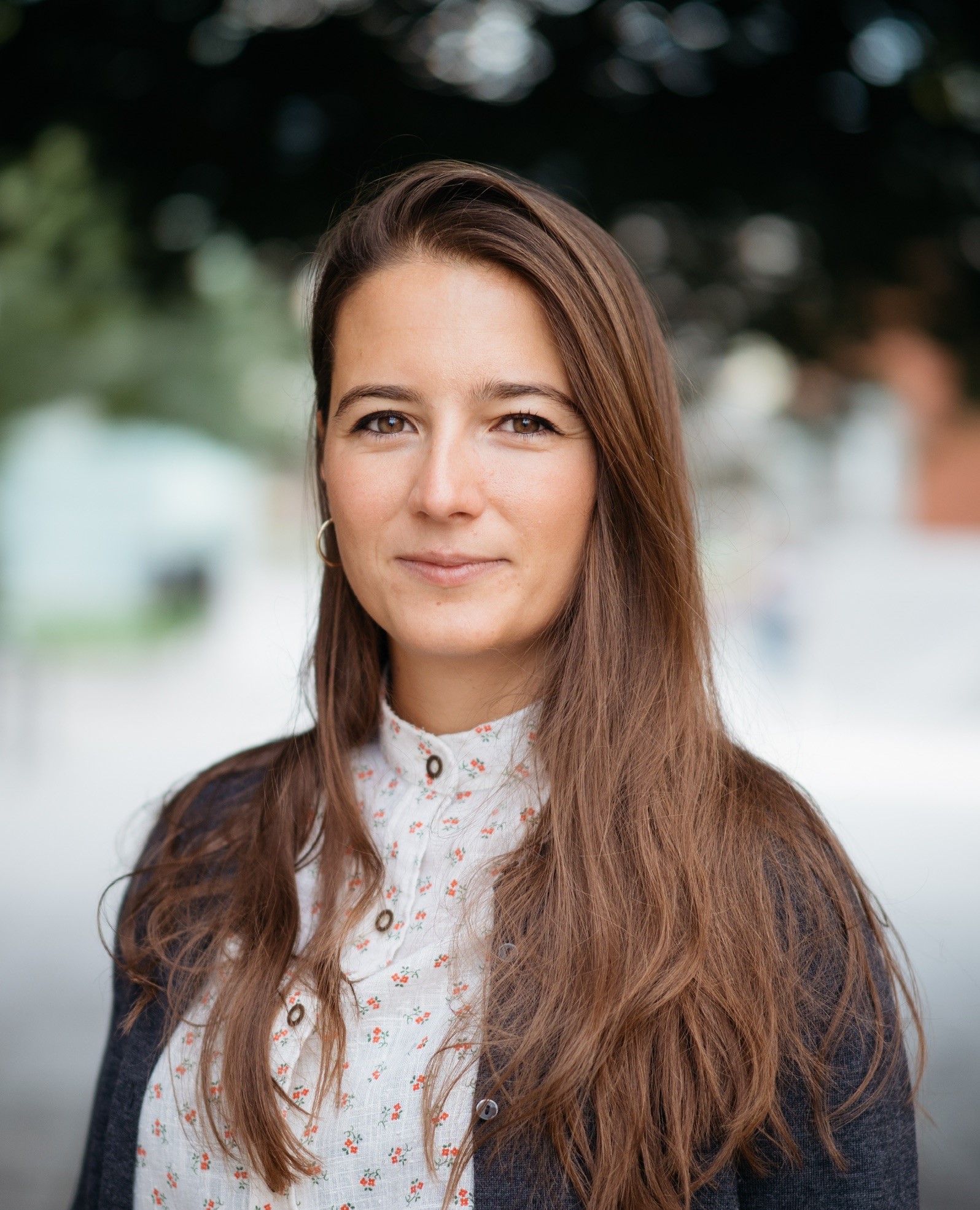Supporting College Teaching
At Robinson, we want to provide an exceptional, interdisciplinary learning experience that enables talented students from all backgrounds to thrive academically and socially. It is also vital that we remain attractive to researchers and teachers at all stages of their careers, who will seek to join Robinson because of the character and reputation of the college community and the support we are able to give our senior members.
We need to be sure-footed and nimble enough to be able respond to a rapidly-changing world and higher education landscape and we want Robinson to have a reputation for innovation, continuous improvement and excellence in teaching.
For this reason, a major current fundraising priority is inspiring innovative learning, with the following aims:-
- We want to enhance the College's reputation for first-class teaching and academic excellence.
- We will harness developments in human and machine learning, exploring how new technology might support group and personalised tuition. We want Robinson to lead the way in this field.
- We will appoint a Director of Innovation in Learning to initiate and develop the programme.
- We will also expand our programme of inter-disciplinary Early Career Teaching and Research Fellows to strengthen our teaching capacity at Robinson.
"My fellowship at Robinson has been an invaluable opportunity for the development of my career. It not only gave me the chance to teach brilliant students, but it also afforded me the time and space to develop my PhD dissertation into a book, and see it published by the end of the three years - alongside other articles and research outputs."
Dr Lucia Rubinelli, HSPS Early Career Teaching and Research Fellow, 2018-21
